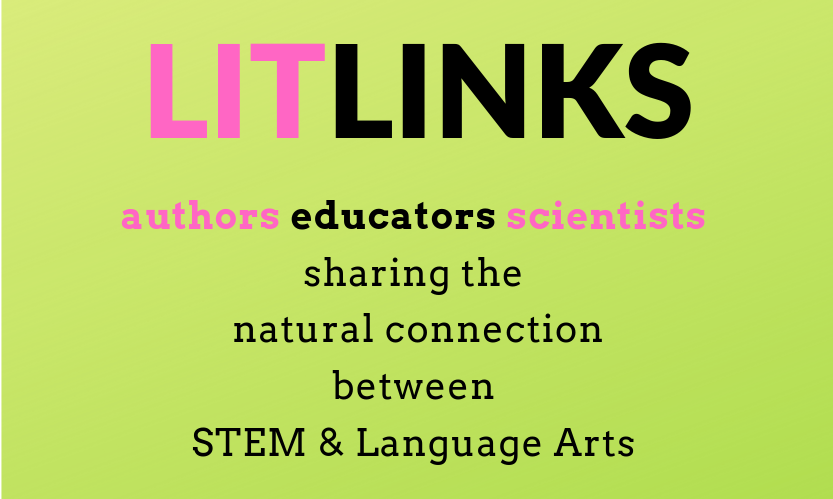
GUEST BLOGGER MIKE HAYS
STEM-thinking
Science. Technology. Engineering. Mathematics. Can we all agree STEM-thinking has made our lives better?
Probably not. Perhaps we can all agree that STEM-thinking has given us a better understanding of our world and our place in it. Although, at times, we have been dead wrong.
For example, we once believed the Earth was the center of the universe. Only a handful of mathematicians and astronomers discovered and fought for the truth and they found themselves persecuted. Another popular belief said the world was flat. Fortunately, STEM-thinkers helped light the way to a better understanding of our universe.
Sometimes things accepted as current knowledge are mistakes. Sometimes the mistake is in thinking science is complete, 100%, written-in-stone fact.
It’s not.
Science makes mistakes. Sometimes it in the wrong direction. And sometimes science just happens.
So, how do we develop the STEM-thinkers needed to make good decisions for our collective humanity? One way is through literacy.
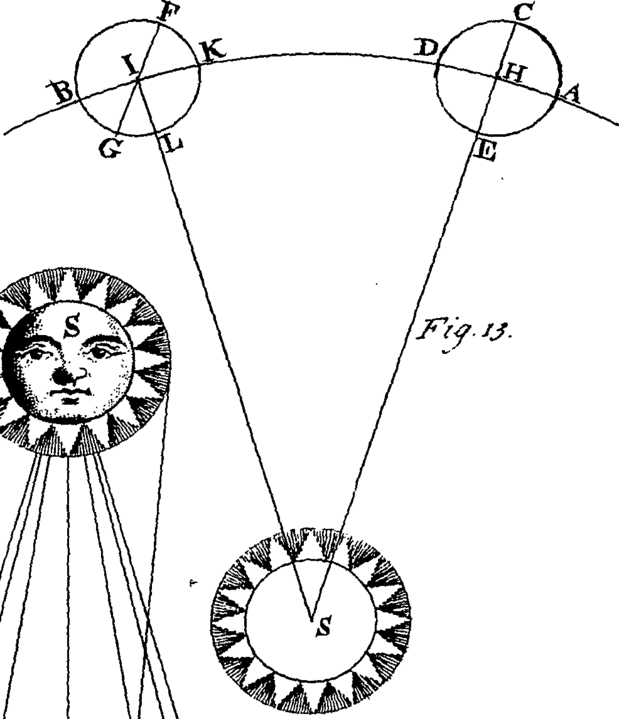
Understanding is a process
Discovering why things work and devising ways to improve them are at the core of STEM-thinking. This level of understanding takes skill and work and imagination. It takes a plan and a philosophy built around the scientific method.
- Observation
- Hypothesis
- Testing
- Conclusion
Very little in the natural or STEM realm is 100%. The best conclusions or decisions are based on current information. If the information changes or deepens, the understanding must also change. Understanding is a process. It takes time, communication, and acceptance.

What does STEM-thinking have to do with literacy?
Data — across the whole spectrum of STEAM.
Wait! Don’t run away. Data’s not the complex and boring list of numbers we have ingrained into our mental psyche. Data is input information that allows us to process situations from the information we acquire. Data is much more than lists of numbers and calculations that nobody but advanced mathematical minds can decipher.
As Shakespeare may have said, “To data doth mean thou art human.”
Okay, Shakespeare would never have said such a thing, but you get my point. We are walking, talking, eating, and sleeping data processors. Everything we see, hear, speak, read, write, and generally think about is part of a process of learning and growing. It is data analysis on a 24/7 timeline.
STEM + Literacy = Brain Power
Literacy is a method of data input. The better we are at processing information, the better decision-makers we can be. Reading gives us the tools to do this. It’s the whetstone on which we sharpen the analytic knife of our brain. Reading gives us the muscle to take in information, whether fiction, nonfiction, technical, entertainment, news, etc. and turn the information into conclusions that are logical to our amassed database of knowledge and experiences.
Reading is our superpower.
A STEM-thinking LitLinks lesson
What’s the fun of a LitLinks blog post without a little investigative lesson? Okay, it’s probably a lot more fun than I think but here’s an exercise to help young readers learn to see how the pieces work together to inform the big picture: an exercise in realizing how the data points of a book support the conclusion.
1. Map the facts or events in a favorite nonfiction book. Write them down, organize them, and see how they connect as a whole to tell the big picture of the subject or event.
2. Map the plot points in a favorite fiction book. Write them down, organize them, and see how these events fit together to tell the big picture of the story.
STEM-thinking skills necessary for literacy and STEM
If we learn anything in life, we learn that life is complex. With this inherent complexity, it’s vital we develop young minds who are able to observe, analyze, and draw conclusions from available data. In short, as much as we need STEM skills, we need literacy skills. We need STEM-thinkers. The ability to read and comprehend is magic.
Reading is a superpower!

Mike Hays is a molecular microbiologist by day, middle-grade author, sports coach, and general good citizen by night, he blogs about sports/training related topics at www.coachhays.com and writer stuff at www.mikehaysbooks.com. He can be found roaming around the Twitter-sphere under the guise of @coachhays64.


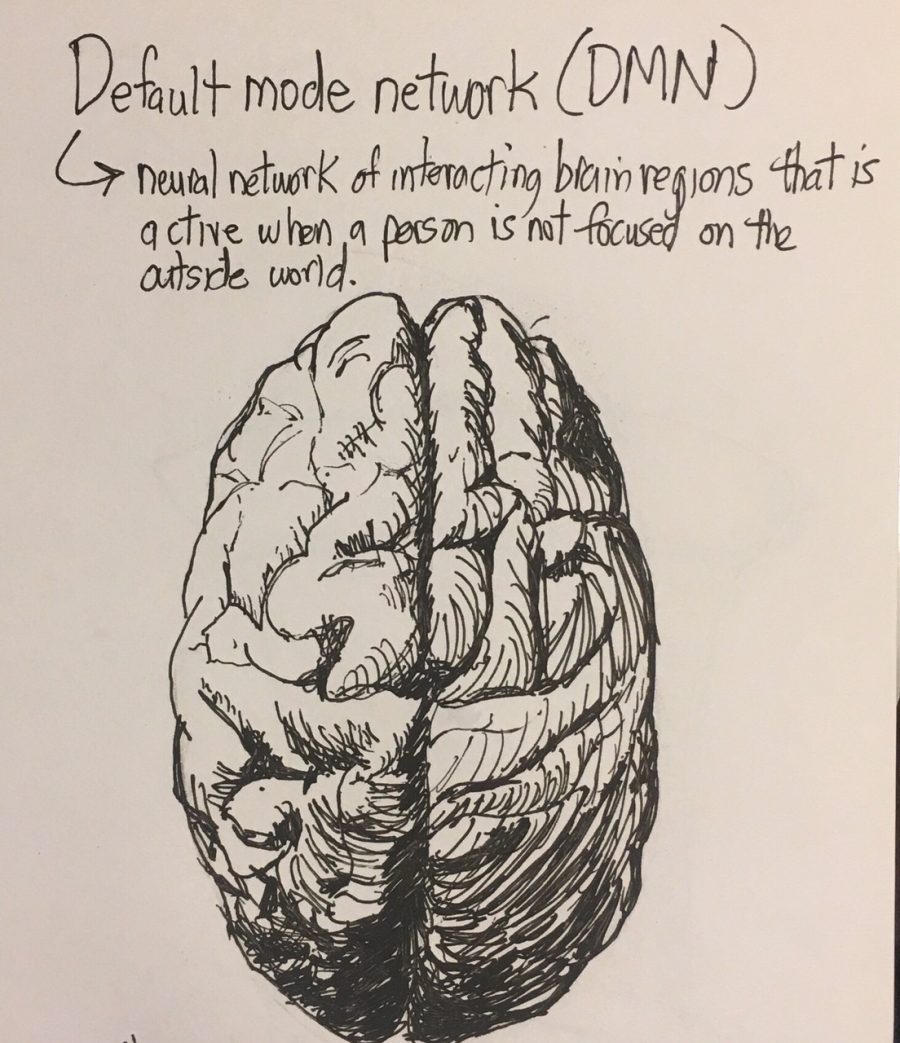


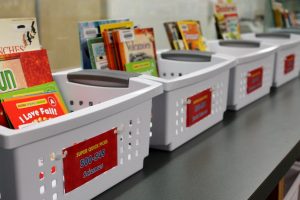

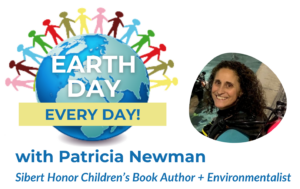
Leave a Reply
Your email is safe with me.